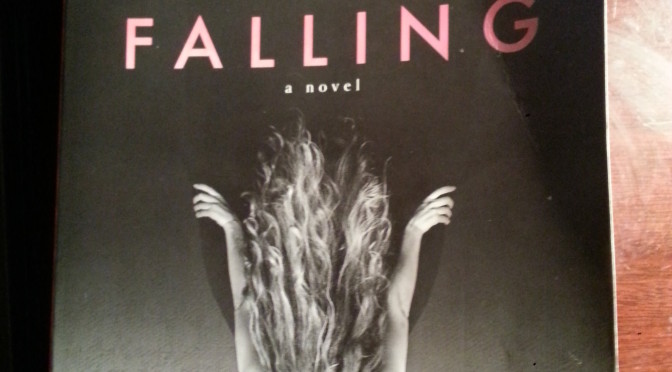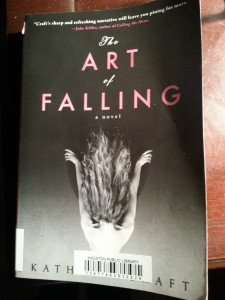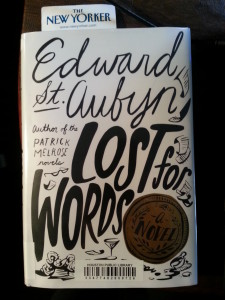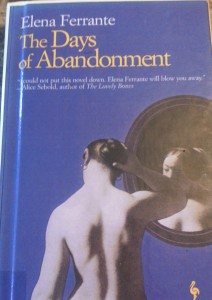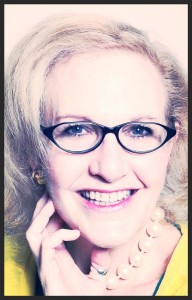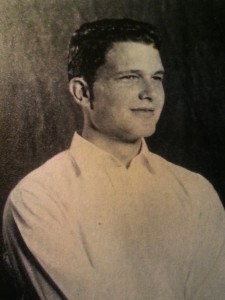Someone famous certainly must have once said, “Tell me which books are on your bedside table at any given moment, and I’ll tell you what is important in your life at that moment in time. ”
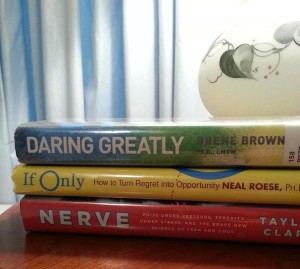
So, it is very fitting, that as we delve into 2015, the books on my bedside table reflect my fervent (urgent, even) desire to reflect on recent years past, with engines full-speed ahead toward the years yet to come.
Reflection
Not only is it the start of a new calendar year, it is also the start of another chapter in my life as the mother of a wonderful teenager who is making choices that often do not involve me. This is called maturity. A good thing, indeed.
This development, though, combined with family-career choices I may or may not otherwise have made, has turbo-charged me into contemplating a re-direction in my life.
Hence, on my bedside table presently reside books that reflect this time of, well, reflection.
Daring Greatly by Brene Brown
If Only: How to Turn Regret into Opportunity by Neal Roese, Ph.D.
Nerve: Poise Under Pressure, Serenity Under Stress, and the Brave New Science of Fear and Cool by Taylor Clark
More to Follow
As the first month of 2015 hasn’t yet turned into the second, I have not yet finished either of the three books. I pick up one, then the other, depending upon which inner voice is nibbling away at my self-confidence at the moment.
I promise, though, to report back here as I finish each.
In the meantime, I’ll be daring greatly, and striving to turn my regrets into opportunities, all with poise and nerve!
P.S. I’d love to know which books are on your bedside table. If you care to, leave a note in the Comments section below. Happy Reading!

